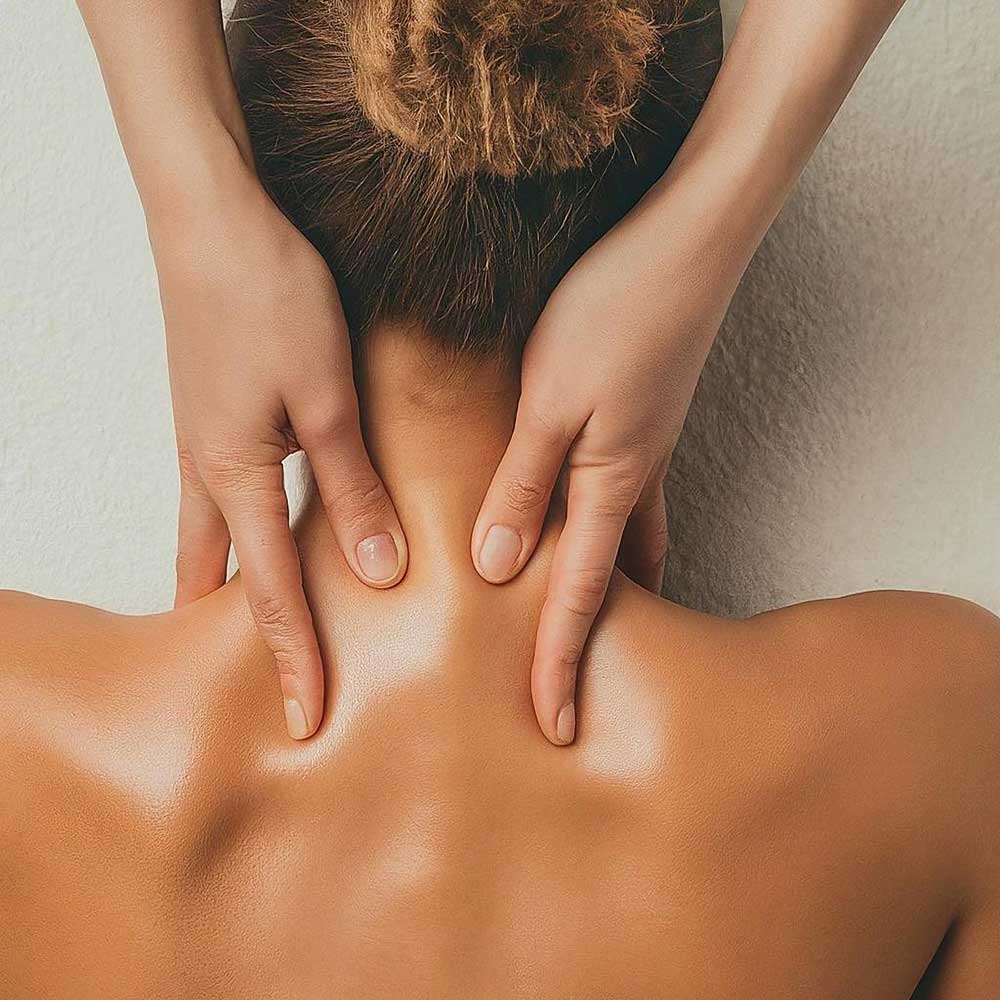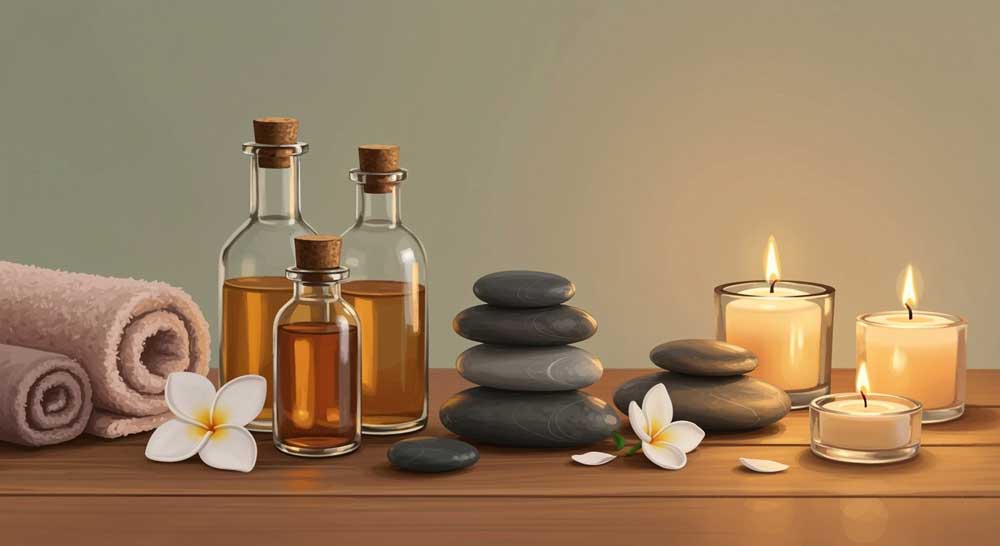Whether it is mental wellness, athletic performance, or recovery from a surgery or accident, massage therapy offers advantages in all areas of healthcare. Here are some reasons to think about including massage in your wellness plan.
Pain alleviation: Joint, chronic, and acute pain can all be lessened by massage. Ask someone who has sciatica or arthritis.
Stress reduction: Daily stress and other associated disorders such as tension and headaches can be lessened with a massage. You'll notice a difference right away if you include massages into your regimen, especially if you lead a hectic and stressful life.
Relief from headaches: Headaches can be avoided, while migraines and tension headaches can be lessened with regular massages.
Flexibility: Tissue elasticity increases with a massage. Joints and tendons feel tighter and are more vulnerable to injury if they aren't massaged regularly. You'll know this is true if you neglect to stretch before working out.

Rest and relaxation: Receiving a massage can help you unwind mentally and physically, enabling you to rest. If you suffer from insomnia or abnormal sleep patterns, give it a shot. A massage applies pressure to pain receptors beneath the skin. This can create a soothing impact by stimulating the vagus nerve, a key nervous system component. A calm nervous system can affect stress-related hormones, lower blood pressure, and slow down your heart rate. Naturally, massage treatments also usually take place in a relaxing environment with soft music, peaceful scents, and low lighting, all of which might help you feel less stressed.
Enhanced immunity: Frequent massage sessions will boost the body's generation of killer T cells, which aid in the fight against infections.
Increased attention: Your pulse rate will drop and your nervous system will settle down after a good massage, improving your ability to concentrate and pay attention. People with ADHD can also benefit from it.
Improved athletic performance: The efficiency of muscles, tendons, and joints can all be improved with a massage. You are aware of the advantages of exercising, but the soreness that occasionally results can be excruciating and deter you from returning to the gym. Thankfully, a massage can help you avoid pain and resume training sooner.

Your muscles may start to feel sore anytime between a few hours to a few days after working out. The most likely reason of that is muscular inflammation. This can hurt, but it's also a positive sign, since it means you're getting stronger. The answer to post-workout pain is massage therapy.
Anxiety reduction: A massage improves your mood. Serotonin, the happy molecule, is one of the hormones that can be released in your body by gentle touch.
Diminished pain following surgery: Massages promote improved blood and oxygen flow following surgery, hastening the body's healing process. According to studies, a massage not only helps you manage your pain but also lessens it.
One of the oldest recognised forms of therapy is a massage. Many ancient societies, including the Greeks, Egyptians, Chinese, and Indians, believed that massage therapy had healing properties that could be used to treat a variety of ailments. Improving someone's health and well-being involves kneading or adjusting their muscles and other soft tissues. This manual therapy involves gripping, manipulating, and applying pressure to the muscles, tendons, ligaments, and tendons as well as the fascia.

How Massage Helps The Body
Massage uses a variety of physiological processes that are beneficial to the body. Because shallow skin friction increases regional warmth, it causes hyperaemia. Blood flow increases due to local heating. Although a massage warms the skin and muscles, it does not usually have a direct impact on blood flow to the muscles.
The relaxation that comes with massage can help reduce stress and anxiety. The parasympathetic nervous system is in charge of the normal, daily processes that result in rest and relaxation, whereas the sympathetic nervous system is in charge of the ‘fight-or-flight’ response under stressful situations.

Receiving a massage can lower the stress hormone cortisol and raise the mood-regulating neurotransmitters, serotonin and dopamine. Massage therapy can be beneficial for those who experience insomnia as a result of congestive heart failure or menopause. Numerous researchers have looked into whether massage can help with severe knee, neck, back, and headache pain.
In terms of alleviation, a 60-minute massage given multiple times a week may be more beneficial than fewer or shorter treatments. Researchers warn that this advantage may not be long-lasting, though.